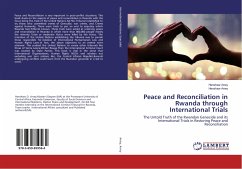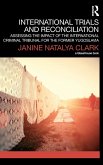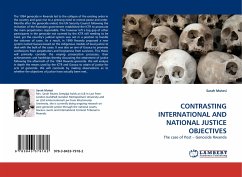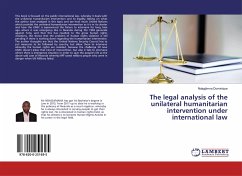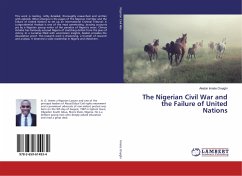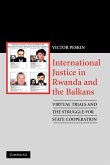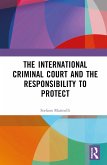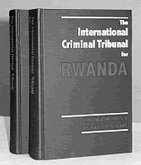Peace and Reconciliation is very important in post-conflict situations. This book duels on the aspects of peace and reconcilation in Rwanda with the focus being the trials of the United Nations Ad-Hoc Tribunal established to try those who committed crimes of Genocide, war crimes, and Crimes against Humanity. There were trials to put an end to impunity which Rwanda had hitherto known. These trials were aimed at restoring peace and reconciliation in Rwanda in which more than 800,000 people mostly the minority Tutsis or moderate Hutus were killed by the Hutus. The intention of the United Nations establishing the tribunal was to punish those responsible for violation of International Humanitarian Law and Human Rights Laws.In fact, the above objectives to an extend were attained. This pushed the United Nations to create other tribunals like those of Sierra Leone,Khmer Rouge.Then the International Criminal Court was created by State Parties. This book is vital in the sense that International Organizations, Human Rights NGO's and scholars not excluding war torn nations like, the Central African Republic,Burundi undergoing conflicts could learn from the Rwandan genocide in a bid to avoid.
Hinweis: Dieser Artikel kann nur an eine deutsche Lieferadresse ausgeliefert werden.
Hinweis: Dieser Artikel kann nur an eine deutsche Lieferadresse ausgeliefert werden.

